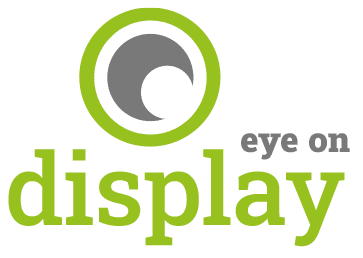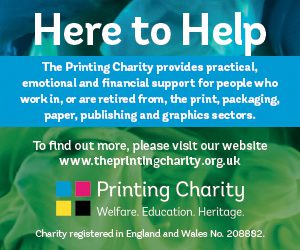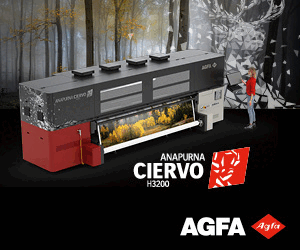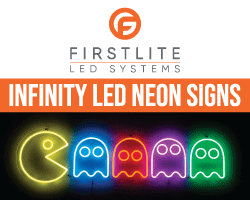Matthew Anderson, MD of Sign Trade Supplies, explains why they source billets made from mostly recycled aluminium.
Aluminium is a sign-maker’s dream material. It is long-lasting, lightweight, versatile and delivers reliable, durable and printable products. We are providing more and more of our signage solutions in aluminium because whatever way we shape it, print it or coat it, it delivers a reliable and great-looking solution.

It is also ideal for sign-makers wanting to deliver more sustainable solutions. Aluminium is infinitely recyclable, and this means your signs will be recyclable. You can control this, but you have less control over where that aluminium comes from.
Most people don’t realise that the largest portion of a company’s carbon footprint often comes from their supply chain. Sustainable sourcing is crucial if you want to reduce your greenhouse gas emissions.
This is where Sign Trade Supplies is doing great work to help its customers adopt more sustainable products. We have proactively approached our supply chains by sourcing aluminium billets from suppliers that best balance recycled materials, renewable energy use, and transport costs.
The aluminium billet paradox
It only takes 5% of the energy to recycle aluminium as it does to refine it from bauxite, the sedimentary rock from which aluminium is extracted. In an ideal world we would only use recycled aluminium, however there is not enough recycled aluminium available to fully meet demand, so there has to be some virgin aluminium in there somewhere.

Billets are generally made from
· Freshly mined, Primary aluminium
· Post-consumer scrap (e.g. windows, tins, old signs, etc)
· Process scrap (the leftovers from the extrusion process)
· Alloying materials
The world average for aluminium billets in terms of CO2 produced is 16.1 kg. By sourcing billets with a much-reduced percentage of new aluminium, a standard billet from STS creates 5.1kg. We also offer an ultra-low billet on request that creates under 3 kg of CO2.
Our standard billets are:
· Primary aluminium – 30.9%
· Post-consumer scrap – 36%
· Process scrap – 32.5%
· Alloying materials 0.6%
This means that more than two-thirds of our billets are made from recycled aluminium, giving your finished signage solutions a massively reduced CO2 burden.
As I mentioned earlier, processing recycled aluminium only takes 5% of the energy compared to refining it. Therefore, the more recycled content in the billet, the less energy is required to create it.
I spoke to Jeff Bufton, Head of Operations at Signs Express and a Council member of the British Sign and Graphics Association, and he said, “Representing the largest signage network in the UK and the industry’s trade association means that it is important for me to work with responsible suppliers. I need to see beyond the smoke and mirrors of a sales pitch to understand their true culture and ensure they align with ours.”
He continued, “Aluminium is a core material that is found in many of our substrates, components and bespoke signage products that our network and industry buy, and I am continually amazed at the lack of awareness and visibility of virgin and recycled content that most suppliers have in the aluminium based products they provide, despite the stark differences in the carbon used to create them.”
Responsible sourcing
We have researched our suppliers to ensure they are sourcing the highest possible levels of recycled aluminium in their billets. We look at their credentials, accreditations and operations to be confident they are doing what they say.
We also examine the amount of transportation, packaging, and renewable energy our suppliers use. These are all important factors in the overall sustainability quotas that we are measuring. We aim to ensure they are positive and accurate before recommending them to our customers.

Jeff added, “It’s refreshing that STS has taken these proactive steps to understand their supply chain in detail and make such a positive difference to the environmental impact and carbon footprint of the products they provide. This is why I always reference their approach, the lead they are taking and the good work they do in improving sustainability when talking to others within our industry about responsible suppliers.”
Being serious about sustainability requires a detailed, holistic approach to the supply chain. We want our customers to know that we are continuously researching and evaluating where and how our products are sourced so we can pass this information on
to them. This means you can make informed decisions on the products you use and confidently communicate this to your customers.
For more information about our broad range of low carbon-sourced aluminium products, visit Low Carbon Aluminium & The Sign Industry – Sign Trade Supplies Ltd
Signs Express and the signage sector embarking on the long journey to Net Zero















